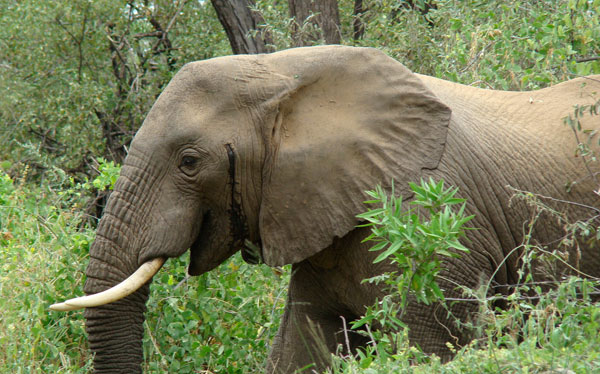Chronic stress causes long-term escape behavior in elephants and can affect elephant habitat utilization. Chronic stress causes long-term escape behavior in elephants and can affect elephant habitat utilization.
How do elephants deal with stress?
During such a drive, elephants flock together to form a social buffer. Another typical response is to escape the drive. These behavioral responses are followed by physiological responses in the form of elevated levels of stress hormones (glucocorticoid metabolites in the faeces), "explains Sreedhar.
What do elephants do when they are sad?
In response to stressful events, elephants open their ears, raise their tails, and sometimes make low noises. Scientists looking at wild elephants report the same behavior. (See "Surprise: Elephants Comfort Friends".)
What do animals do when they are stressed?
The stress response includes several changes that can adversely affect livestock performance. These effects include altered immune function, increased susceptibility to disease, reduced feed intake and rumination, reduced oxytocin release, and reduced childbirth.
Do elephants become emotional?
Joy, anger, sadness, compassion, love. The best feelings are in these huge masses. .. Through years of research, scientists have discovered that elephants have complex thoughts and deep emotions. In fact, the emotional attachment that an elephant forms to a family can be comparable to our elephant.

Below you will find two helpful answers on a similar topic. 👇
Why an elephant can never jump as easily as a flea Even though elephant has more muscle than flea?What are the different types of turtles?
